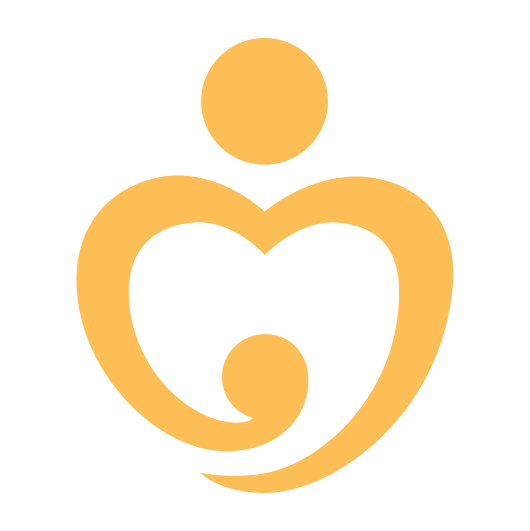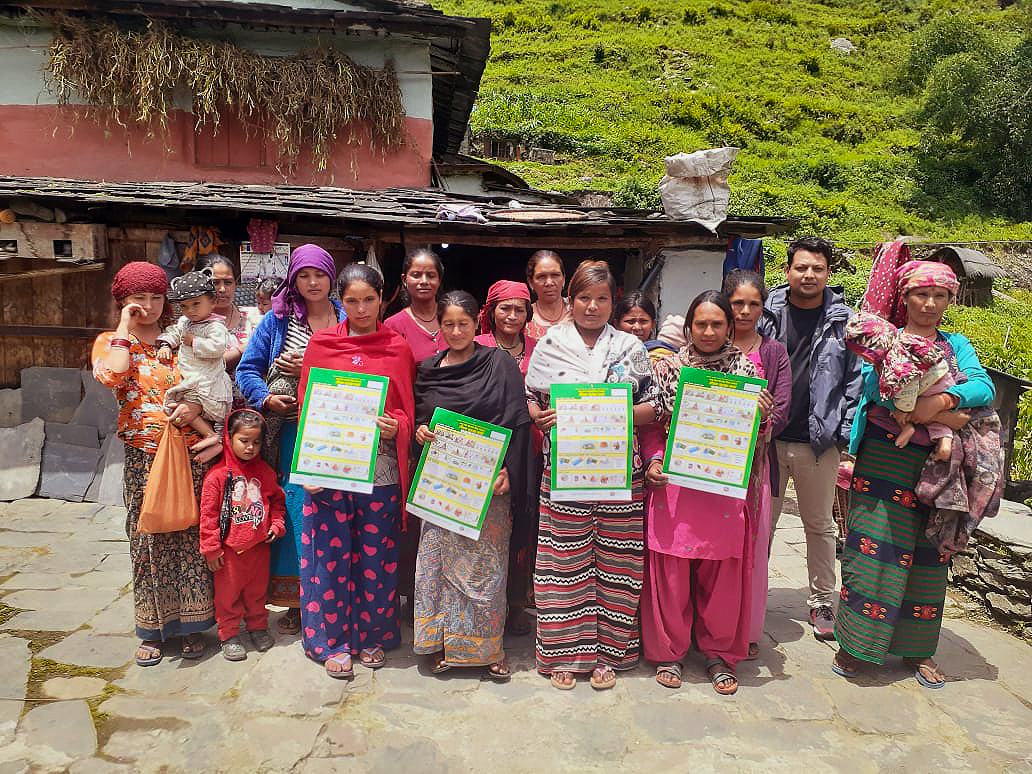Birthing Change in Myagdi: Overcoming Challenges through Community & Collaboration
By Upendra Chand in Myagdi
Myagdi District in Gandaki Province is a breathtaking destination adorned with beautiful mountains and hills, attracting nature tourists, especially mountain climbers and trekkers. After a three-hour drive from the renowned city of Pokhara, one arrives at the district's well-developed business hub, Beni Bazar. The town offers a splendid view of the Dhaulagiri mountain range, home to revered peaks like Annapurna, Nilgiri, Churain, Manapathi, and Gurja.
Myagdi is also known for being home to many foreign migrant workers who contribute to the local economy through remittances. There is a strong sense of community, and the district boasts the highest GDP per capita in Gandaki Province.
Challenges in Maternal and Neonatal Health (MNH)
Despite economic progress fueled by remittances and tourism, Myagdi faces challenges establishing a quality MNH system, particularly in remote areas. In 2021, One Heart Worldwide (OHW) partnered with the local government to launch an MNH program, prioritizing underserved communities who live far from adequate health facilities. These communities were identified through baseline studies while also considering geographical factors, socio-economic contexts, and MNH indicators in the district.
The initial phase of our work coincided with the COVID-19 pandemic, which had a significant impact on Myagdi. The district experienced lockdowns, followed by local, provincial, and federal elections, while also dealing with heavy monsoon rainfall. Despite these challenges, our dedicated team persevered, implementing our program initiatives.
Our focus centered on pregnant women and mothers. Baseline reports revealed a high number of home births due to local cultural practices, social norms, and a lack of awareness surrounding MNH care. Many pregnant women were unfamiliar with how to prepare for their delivery, and the absence of well-equipped birthing centers and trained nurses limited their options.
For OHW, encountering cultural and social norms in underserved communities is not uncommon. However, we saw this as an opportunity to transform the community's perception and build trust in institutional birthing care. The key was to demonstrate the impact of our work.
Soneeya, a recent new mother, shares her experience: "We never had such a health education program in our village. Today, we know the importance of providing good care during pregnancy and after birth delivery." Soneeya participated in OHW's community interaction program held in Raghuganga Rural Municipality. These activities provided a platform for knowledge sharing and facilitated conversations on birth preparedness and antenatal and postnatal care involving pregnant women, recently delivered women, family members, and caretakers.
Collaboration with the Local Government
Since One Heart started working in Myagdi, we have fostered a collaborative partnership approach, engaging in cost-sharing arrangements with the local government. This collaboration involved organizing capacity-building training sessions such as health planning and budgeting workshops and conducting review meetings and dialogues with Palikas (local governing bodies). These efforts resulted in effective resource allocation and budget management.
“Before receiving this training, we had limited understanding of the functions, fundamental roles, and responsibilities of HFOMC members, as well as how we could contribute to the health facility to ensure the delivery of excellent services,” says Path Bahadur Roka, Chair of HFOMC from Darbang Primary Health Care Center (PHCC) of Malika rural municipality.
He shares how, over the course of the two-day training, the members gained valuable insights into the essential aspects of managing a health facility effectively. Equipped with this newfound knowledge, they feel determined to apply our learnings and experiences to enhance the overall healthcare system of their PHCC).
“We extend our heartfelt gratitude to One Heart Worldwide and the health section for organizing such a fruitful training session for us. This opportunity has been invaluable in equipping us with the necessary tools and understanding to make a positive impact within our health facility,” says Roka.
After nearly three years in Myagdi, OHW is entering the final year of the project's active implementation phase. To ensure a continued impact on MNH care in Myagdi, we are transitioning all responsibility for ongoing activities, proper management, and resource utilization to the local government. By leaving behind structural and non-structural resources, the local community can take ownership of improved MNH outcomes that we believe will be sustained for many years to come.





